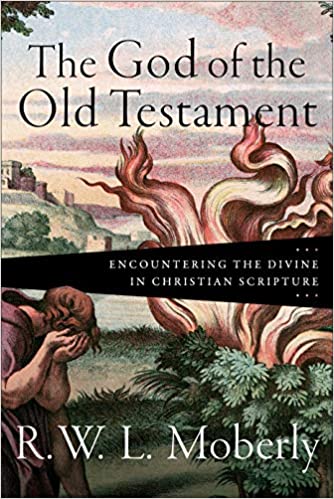Q. In his recent book History and Eschatology, our friend Tom Wright shows the rather devastating effects the Enlightenment had on separating religion and science, what is public and what is private, the natural processes and divine intervention (as if God was not always working in his creation, or that his miracles were somehow interrupting or contravening the natural order of things). How does wisdom literature help us have a more holistic approach to knowing reality, knowing God, and understanding the purpose of it all?
A. Obviously, the Bible as a whole, as well as its specifically wisdom-focussed books, can help wean us off some of the problematic ways of viewing reality that we have inherited from the seventeenth to nineteenth centuries. But one of the difficulties is that too often people read the Bible with spectacles fashioned in the seventeenth to nineteenth centuries, and so read in a skewed or blurred way! One of the advantages of our “postmodern” context is that we are now better able to revisit and reclaim insights that were widely accepted in the “premodern” world but which were called into question by the “modern” (i.e. certain Enlightenment-influenced ways of thinking).













